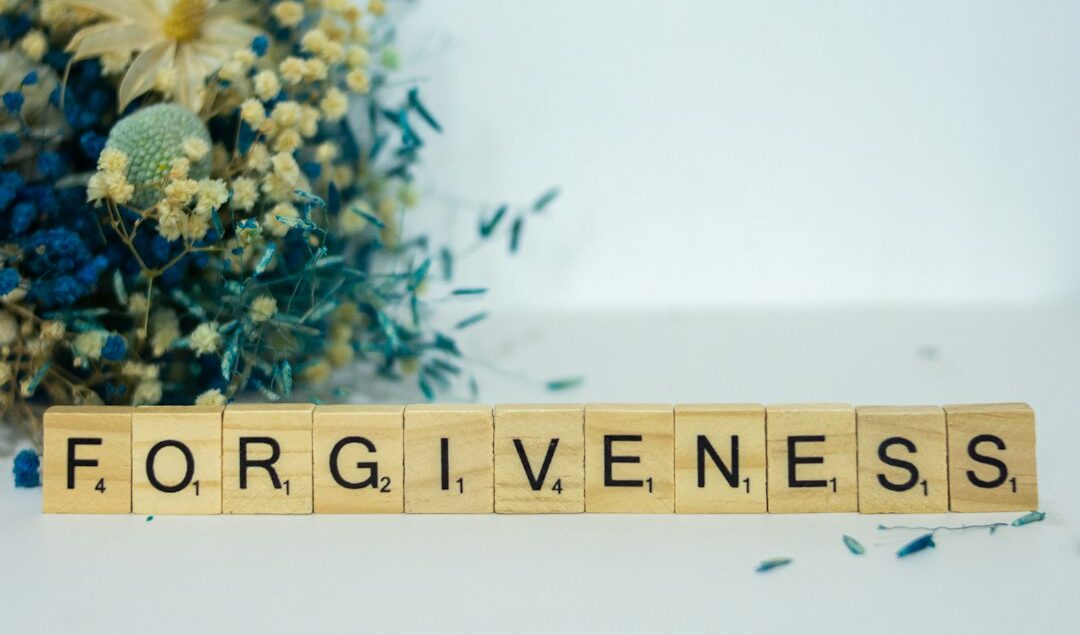To Err Is Human . . .
The Importance of Forgiving Others
Last fall, we began a series of articles on conflict in missional enterprise (contributed by veteran missional entrepreneur Bill Weber)1 and focused on the “inward-facing” side of conflict – the need to see our own complicity and prevent or diffuse needless conflict (see “Stopping the Rot,” “The Person in the Mirror,” “Open to Reason,” and “An Ounce of Prevention”). It’s critical to ask, “Have I perhaps contributed to this conflict?” Those articles suggested that it’s always good first to consider the log in one’s own eye. When we screw up in conflict situations, it’s often because we’ve forgotten that we tend to err and that God is indeed present and ready to guide us through that conflict. Over the next few weeks, Bill will share personal observations and insights addressing the “outward-facing” side of conflict – how we approach people we think are also contributing to the conflict.
The Priority of Forgiveness
As a missional entrepreneur, I once partnered with another believer in what I thought was going to be a shorter-term project to build his business in a particular country. There were, as always, fits and starts. But after 18 months, we were able to turn a profit, and by 24 months we were well on the way to being a self-sustaining business. At that point, my focus started to shift to what I believed the Lord had been calling my wife and me to do next. So, I suggested that perhaps it was time to find someone else to lead the business into its next phase of growth. With that in mind, I offered to spend an additional one to two years to help recruit and train that person. Unfortunately, my suggestion led to a huge falling out with the partner, and a great sense of disappointment on both sides.
As we tried to pick up the pieces, I felt that my partner had reneged on his part of the agreement. He, of course, felt differently. I pondered whether to take him to court for breach of contract. However, counsel from my wife, others, the Scriptures, and the Spirit of Christ led to the conclusion that it was better to forgive him, separate amicably, and support the transition as best as I could. That was not an easy step because I felt I had been wronged. But the Lord worked through it all and blessed the relationship. He also helped me see that, regardless of the rightness or wrongness of a situation, if I can’t forgive someone for a real (or perceived) wrong, I can’t expect the Lord to forgive me for my own failings (see Eph. 4:32, Mark 11:25).
There’s much more to say about forgiveness than can be covered here. But here are a few additional resources that have helped me:
- An article on The Gospel Coalition website entitled “Why Do I Have to Keep Forgiving?” notes that forgiveness and reconciliation are different. We can’t have reconciliation without forgiveness. (see: https://www.thegospelcoalition.org/article/keep-forgiving/).
- Christ’s teachings on reconciliation in Matthew 5:23-24 and 18:15-18 can help us better understand the link between forgiveness and reconciliation.
Verse(s) of the Week:
And whenever you stand praying, forgive, if you have anything against anyone, so that your Father also who is in heaven may forgive you your trespasses. Mark 11:25 (ESV)
Let’s take to heart this week the clear command of Jesus to “forgive, if you have anything against anyone,” and ask for his grace to follow through.
